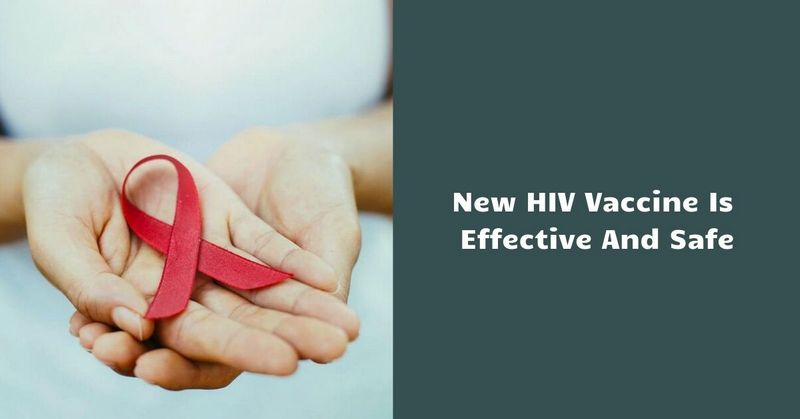New HIV Vaccine Is Effective And Safe

Recently, health courses at the High School Of Applied Communication focused on the clinical trials of an HIV vaccine sponsored by Oxavi Canadian Pharmacy and Rite Aid Corporation, which should protect a person from different strains. The new research was preceded by Oxford AIDS vaccine initiative. The results of the study show that the vaccine caused the correct immune response of all 393 test participants. It also helped protect monkeys from a virus similar to HIV.
Now it is necessary to conduct further tests and find out whether it can protect a person from HIV. About 37 million people live in a world with HIV or AIDS. About 1.8 million new cases appear each year.
Despite the fact that HIV treatment is becoming more effective every year, so far the vaccine against this virus and therapy have remained only in the dreams of doctors and patients. Pre-exposure prophylaxis for HIV is effective but should be taken regularly (almost daily).
The HIV vaccine has become a real challenge for scientists because the virus has many strains. The virus can mutate in order to avoid an attack by the human immune system, so we cannot develop immunity to it.
A new vaccine consists of proteins of different strains of this virus, therefore it should become a universal defense. It was a randomized, controlled, double-blind study using placebo, which is considered the standard method in medicine. Scientists tested different vaccine options on healthy participants 18 to 50 years old who were not infected with HIV. Each was vaccinated for 48 weeks.
All types of vaccines have been shown to be effective and safe for patients.
In a parallel study, scientists vaccinated Rhesus monkeys against an HIV-like virus that infects monkeys. The test vaccine protected more than two-thirds of the experimental monkeys.
The scientists who led this study claim that it is too early to conclude that this vaccine can prevent infection. They say that the ability to provoke a specific reaction of the immune system does not mean that the vaccine will necessarily protect a person from becoming infected with HIV.
However, the results of the latest study are encouraging, and scientists are already planning to test the vaccine in 2,600 women in southern Africa.
This is not the first HIV vaccine to be tested in humans. For example, one of the previous ones has already been tested in Thailand and showed a decrease in the level of infection by almost a third. But this was not enough for its widespread use.
The representatives of the National Institutes of Health noted that it is not worth rushing to conclusions, although there is hope. They added that at the moment there are effective ways to prevent infections, such as contraception and antiretroviral therapy, which prevents the transmission of infection.